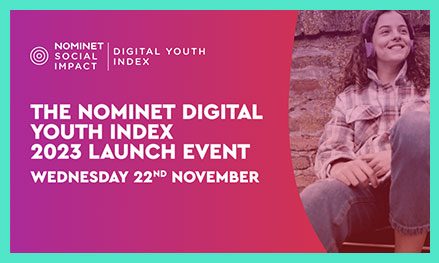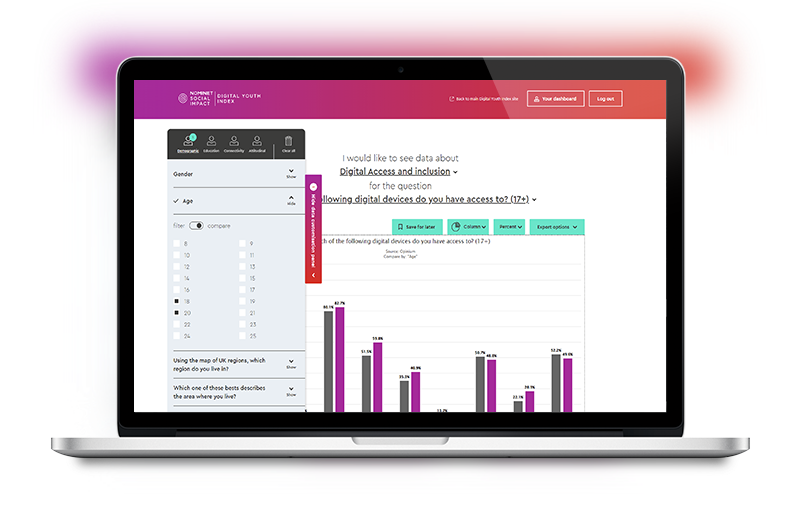Nina* recently started university. She was trying to find her way home one night and ran out of data, so her Google Maps didn’t work. When her parents found out about her fearful journey home, they bought her an unlimited data plan.
Gemma* has a low-paying job so she keeps her phone bills to a minimum; £10 a month. But that means she only has 2GB of data. She tries not to use it unless it’s really necessary, like calling an Uber or using Google Maps. If she runs out of data, she heads to McDonalds or Wetherspoons to get WiFi.
Nina and Gemma are two young people with very different experiences. They’re both exploring adulthood. They’re both at risk. They both need data to get around in the modern world and keep themselves safe.
But Nina has parents who can pay for an unlimited data plan. Now, if she’s out and about, she knows she’ll always have enough to look up a safe route home.
Gemma doesn’t have the luxury of unlimited data. Instead, when she messages friends or checks her work schedule online, she’ll be stressing about if she’s using up too much data (increased cognitive load). Or, if she runs out, she’ll be standing in a doorway late at night trying to get WiFi (a vulnerable situation).
The latest Digital Youth Index report shows 34% of young people surveyed agree with the statement, ‘There are some things I want to do online that I can’t do because of limits on my/my family’s mobile data package’. That’s up from 31% last year.
It’s easy to look at that statement and think, sure, so you can’t watch TikTok videos. But when we remember that for many of us, including Nina and Gemma, that data is helping us get home late at night, talk to our GP, apply for work, send in homework or apply for benefits, we see that these statistics are telling us something important.
Unlimited data could be seen as a luxury. But often, it means that we worry less, feel safe and can live our modern lives in step with the people around us.
The Digital Youth Index is putting this mobile data use into a wider context. The Index this year shows that 40% of young people said there are some things they want to do online that they can’t do because of slow or no internet. And 33% said there are things they want to do online that they can’t do because of limits on their/their family’s broadband package.
This tells us something else important; that home, school or work WiFi is not a given. It can be shared, slow, unstable, or not there. And more and more young people are using just their mobile, and just their mobile data to be online.
We need to understand what lack of data does to a young person’s life. And the data in the Digital Youth Index is doing just that – building a richer picture. Some stories capture the impact of cognitive load; if worrying about money decreases your cognitive capacity, then worrying about data probably does something similar.
A young person quoted in this year’s Digital Youth Index said:
“I wish my teachers understood why it takes longer to do assignments as I don’t have access to internet as easy as everyone else.” 18-year-old female
As we take bigger and greater steps to tackle the digital divide, we need to understand the role of mobile data, especially for young people and families with low or no incomes.
Mobile data – and the potential for unlimited mobile data – is evolving through changes in how providers work, new initiatives and new technology. Vodafone’s mobile low cost tariff, VOXI, was aimed at young teenagers, but also resonates with twenty-somethings. Virgin Media 02 are helping charity Jangala roll out WiFi in a Box (mobile-powered home internet) across the UK. BT offers fibre broadband backed up by a mobile network. And EE have their Stay Connected programme which means people who run out of data still get a low speed connection until their data packet renews.
How we use the internet is constantly evolving, and industry and infrastructure are adapting to our needs. But as that adaptation takes place, we need to use data from sources like the Digital Youth Index to fully understand what good access means. Ultimately, this will help us build solutions that help young people like Nina and Gemma alike.
*Names have been changed for respondent confidentiality
Share this article







